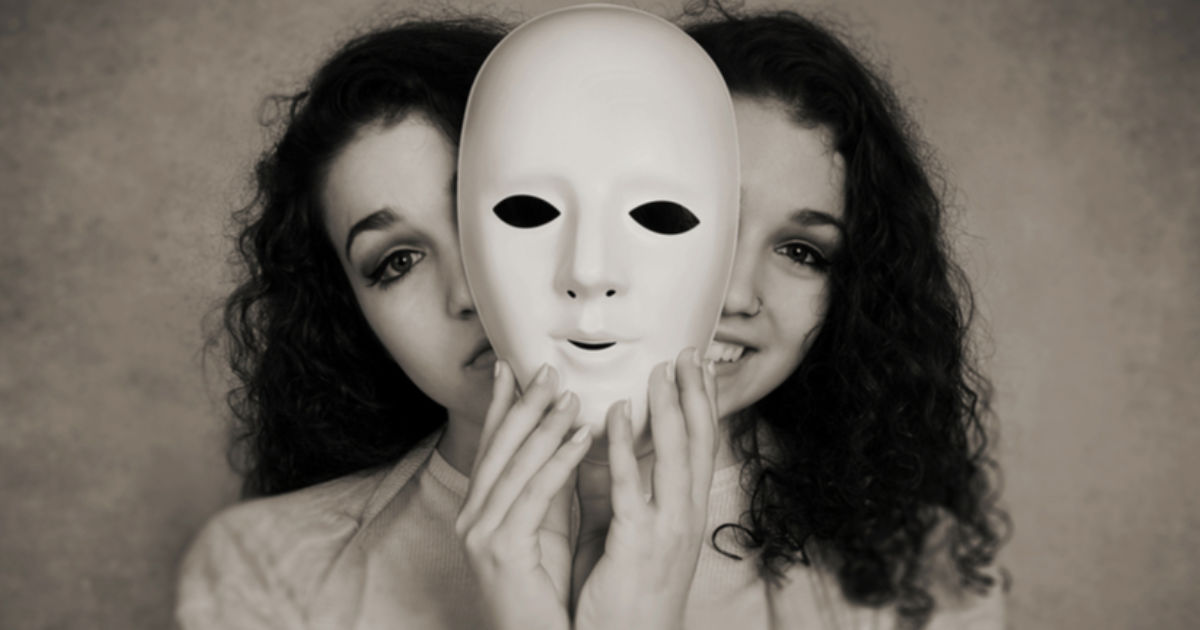Things Everyone Should Know About Dysthymic Disorder
Dual Diagnosis

Dysthymia is known for high instances of comorbidity, meaning it often co-occurs with other mental disorders such as anxiety disorders, schizotypal disorders, bipolar disorder, and major depressive disorder. In fact, about forty percent of dysthymic adults also meet the criteria for major depression or bipolar disorder, and approximately half will have problems with substance abuse over their lifetimes. Double depression occurs when an individual with dysthymic disorder also suffers from recurrent but temporary episodes of major depressive disorder. Individuals with co-occurring mental health or substance abuse issues have lower chances of recovery or remission than those who do not have an additional mental illness.
Learn about related conditions next.